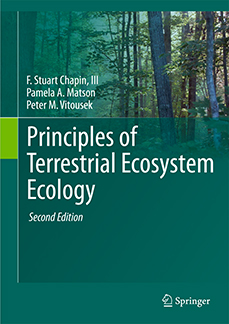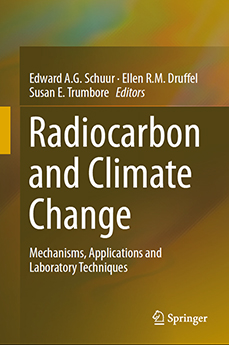Ecosystem Science and Communication Seminar (BIO 698) taught each semester at Northern Arizona University.
Prerequisite: Graduate student in ecosystem science, or contact instructor
Text: No required textbook
This course trains students in research development and science communication. The format is a weekly seminar in which students formally present their research ideas and results to a scientific audience (peer graduate students, postdoctoral researchers, faculty) with the specific goal of obtaining constructive and critical feedback on both the science ideas and the presentation format.
Course instructors: Schuur/Mack/Marks/Hungate















